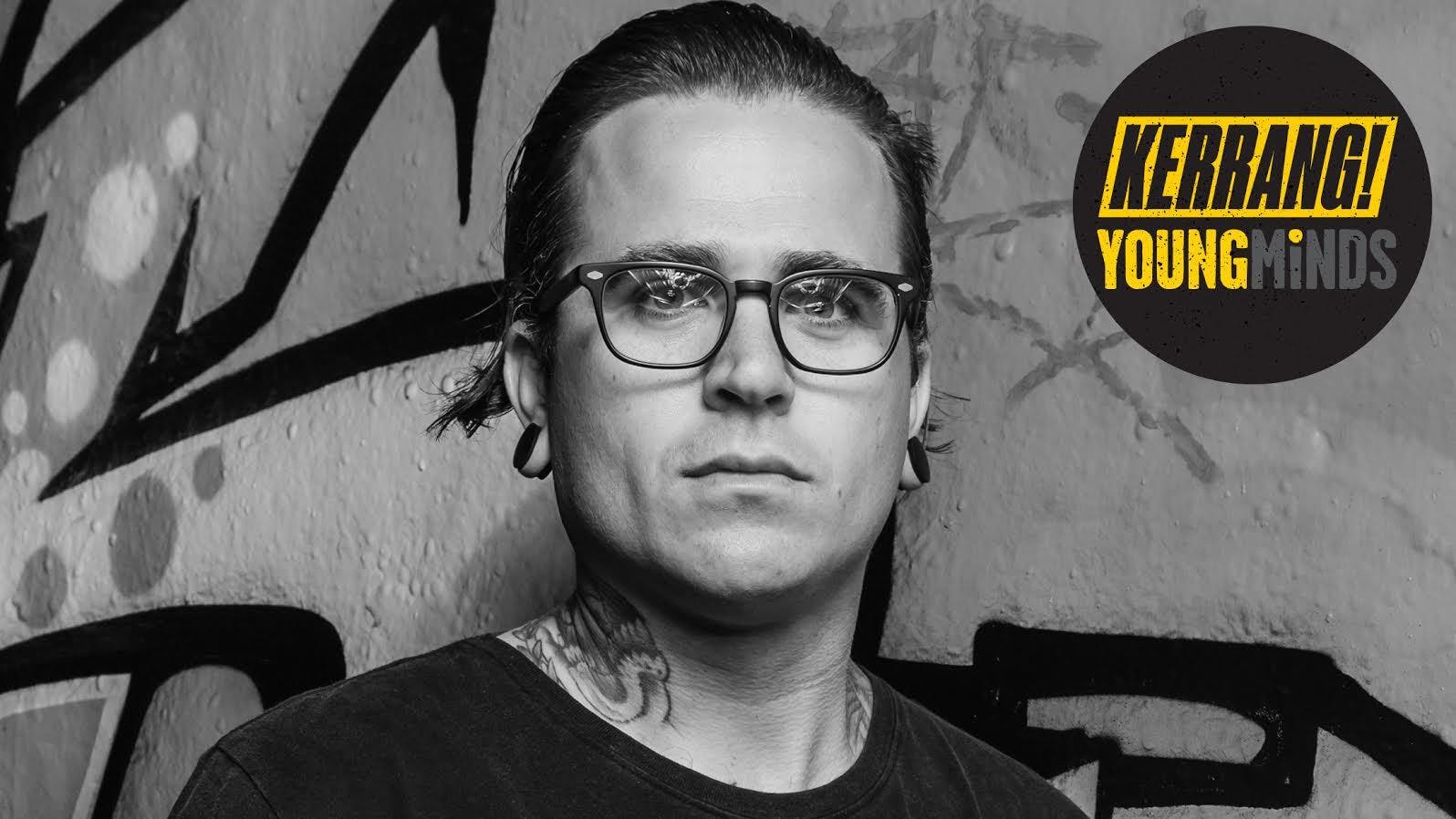So mental health was never discussed in your family when you were growing up?
No. In the ‘90s, when I was a teenager, mental health wasn’t a prevalent topic in society. My mother being in a Pentecostal church, coupled with an environment where mental illness wasn’t discussed, meant that nothing was working for me with regards to my own mental health. As the years have gone on, mental illness has become more prominent in the public eye, and it’s allowing us to tackle the problem head-on, which is good.
What did you want people to do at the time?
I don’t know – hindsight isn’t beneficial for me. I can think back about what I expected from my peers, friends and family, but it begs the question of, ‘How were they meant to react to something that, like me, they weren’t aware of?’ There’s no ‘right’ way for people close to you to initially react to you struggling with mental illness. But the support I’ve been shown more recently has been nothing short of exemplary, and very understanding. I can’t fault the friends I have now. There are some people who I’m not friends with anymore who told me straight to my face that I didn’t have any problems and that I was being a fuckwit, and I’ve obviously moved away from those people. But the friends I’ve still got now – whilst they may have initially reacted negatively and been lacking in the empathy you’d expect – I don’t think they could’ve reacted in any other way than how they knew to at the time.
What are the good things your friends have done to help you?
Just being open and allowing me to discuss it with them: they allowed me to openly say, ‘I have a problem, and this is the situation: I might not be able to explain it fully, but often I’ll feel like I don’t want to be here or that I want to die. I’ve got no rational explanation for why I feel this way. This is what the doctors have been saying; and this is the medication I’m on and these are the potential side-effects.’
All they did was be available for me to talk to if I wanted to. A lot of people don’t want to talk about it, but the feeling of knowing you can talk about it is often enough.
You’ve touched there on the idea that people sometimes feel they can’t talk about their feelings. Were you worried about the stigma associated with mental illness before you spoke out?
I absolutely felt that, and I was stigmatised. I had one friend in particular who was brutal about it: he had no empathy, and then almost a decade later, his brother started to suffer with mental illness, and this guy finally got to experience what it was like. I don’t know how he dealt with it, but I spoke to his brother and had many conversations with him about mental health, and was there for him as much as I could be. But the way that then-friend reacted was the way that many people do, and that is to tell the person suffering that it’s all in their head, which is such a fucking ridiculous thing to say. Yes, it is in your head, but there’s nothing you can do about it – there’s no stop button. You can’t just switch it off and suddenly feel overjoyed. It doesn’t work like that.
